3PD Specialists in Harley Street

Wax Removal
3PD, or Persistent Postural Perceptual Dizziness is a vexing condition that causes a person to experience a constant sensation of dizziness or unsteadiness in the wake of a triggering event such as a migraine, concussion, vestibular neuritis, labyrinthitis, BPPV or head trauma.
A sense of persistent dizziness is the primary symptom of 3PD (PPPD). The dizziness has been described in many ways including vertigo, lightheadedness, rocking, veering, bobbling, the sensation of the world tilting. In association, there can also be other symptoms such as heavy-headedness, fogginess, foggy head, difficulties with concentration, disorientation, and discombobulation. ,. When a sufferer is experiencing 3PD (PPPD) any movement can amplify the off-balance feeling. For most people symptoms are at their worst in crowded places or when there is a significant amount of visual stimulation. For others, movement of the head in any direction can also make symptoms worse.
What causes 3PD?
Research is ongoing but at this time evidence supports the idea that 3PD isas a result of the brain’s heightened awareness and sensitivity to your balance and surroundings. It is usually as a result of a trigger, which can be still be present, which results in changes to how the brain processes information coming from your inner ear vestibular system and vision. .

How is it diagnosed?
3PD is diagnosed by first eliminating other potential causes of the patient’s symptoms and then confirming the patient has experienced PPPD symptoms for at least 3 consecutive months. Diagnosis can be tricky simply because 3PD is not a condition whose symptoms appear on X-rays, MRIs or CAT scans. Hence detailed assessment is required to avoid misdiagnosis. This includes detailed history, examination of your balance system, and tests of hearing and vestibular function. An MRI scan is also usually requested to investigate for any other structural abnormalities such as brain tumour. Blood tests
How is 3PD treated?
Research indicates that some 80% of patients show improvement in their symptoms as a result of treatment, with some experiencing complete resolution. Those treatments include balance rehab, (known as “vestibular rehabilitation”), CBT therapy and certain medications. Physical therapy is sometimes employed in order to retrain the body and mind to react to motion in a normal way.
What medications are used to treat 3PD?
The most commonly prescribed medications for the treatment of 3PD are selective serotonin reuptake inhibitors (SSRIs). These are the same medicines often used to treat depression but they have also proven effective in reducing dizziness in PPPD.
Is 3PD a psychiatric condition?
No, although it is sometimes triggered by anxiety or depression or persistent undiagnosed symptoms may itself result in low mood While many 3PD patients display anxiety, more than 1/4 show no signs of anxiety or any other health problems.
Testimonials
What People are Saying
Testimonials
Our Associations
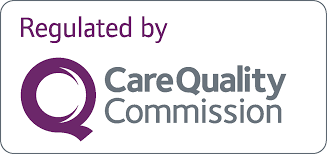

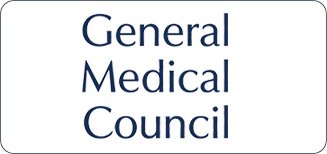
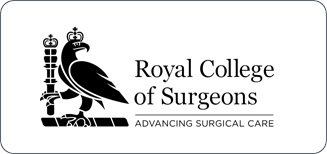
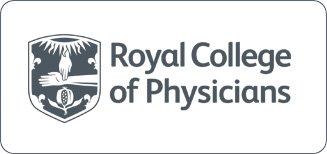
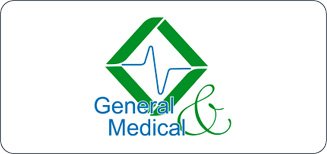






The Care Quality Commission (CQC) is a public body of the Department of Health and Social Care established to regulate and inspect health and social care services in England.
CQC registration is a marker for standards of care. It is a mandatory requirement of all organisations which provide vestibular care or diagnostics.
Harley Street Audiovestibular Clinic is fully registered and compliant with all the stringent CQC requirements, ensuring you care is in the best possible hands.








